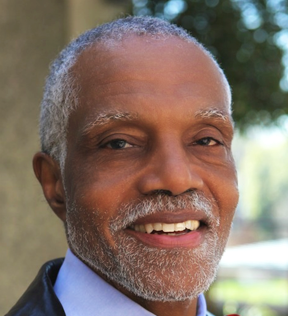The Myth of Meritocracy: John Brittain on Legacy Preference

Audio File
The official subject matter of Sea Change Radio is environmental sustainability. This week, however, we are deviating from that to talk about a topic that we believe is inextricably linked to sustainability: stratification in education. We are talking with law professor, civil rights advocate, and educational diversity expert, Prof. John C. Brittain, about educational practices that perpetuate social, racial, and socioeconomic exclusiveness. Elite private schools were once restricted to wealthy white young men. Since the 1960s we have seen some progress at these schools - they all admit women, most have scholarship programs to make room for the non-wealthy, and they generally boast of need-blind admissions practices. But there is one hidden practice, often overlooked, which runs counter to all of that progress: the practice of legacy admissions. That is, giving preference to applicants who have a family connection to the school. The majority of elite educational institutions in this country do this. For example, in 2017, a full 41% of Harvard's incoming freshman were legacies. Logic tells us that generation after generation, this sort of admission preference can't be doing much for these schools' demographic diversity. Professor Brittain and host Alex Wise discuss how legacy admission practices serve as affirmative action for the privileged, the irony that the practice thrives in the United States which holds itself up as a model meritocracy and how schools' justifications for the ongoing use of legacy preferences don't hold up to a reasoned analysis.
